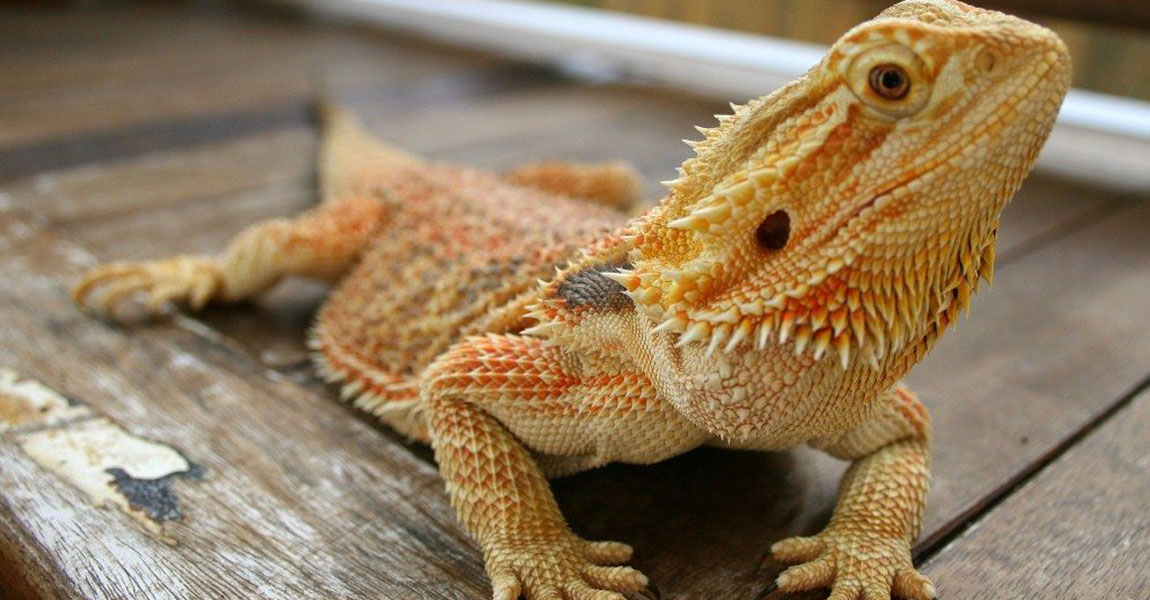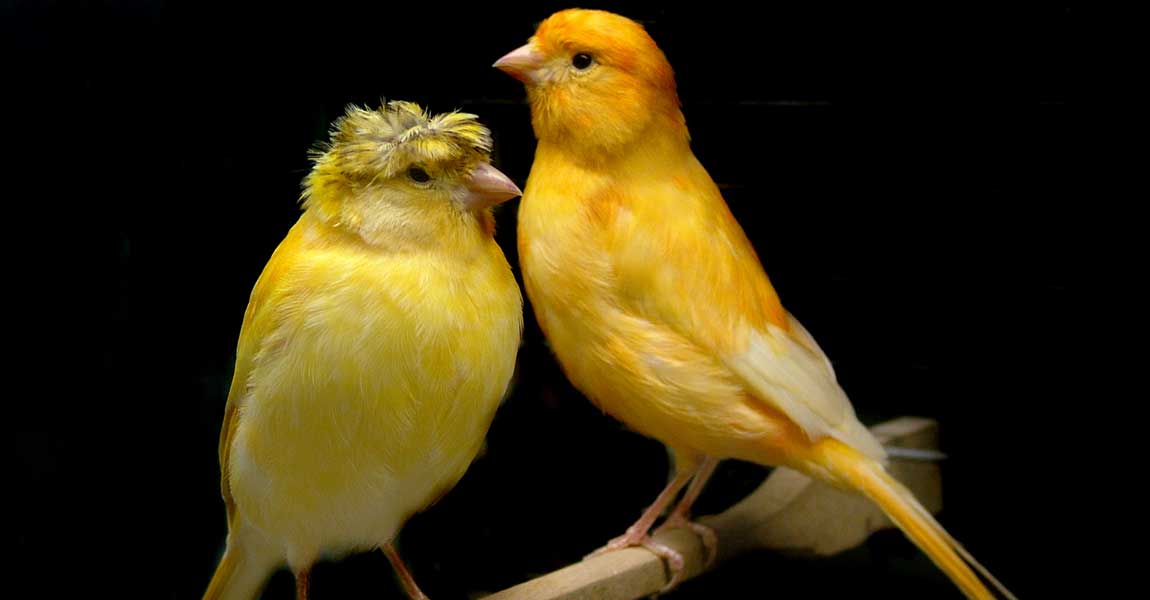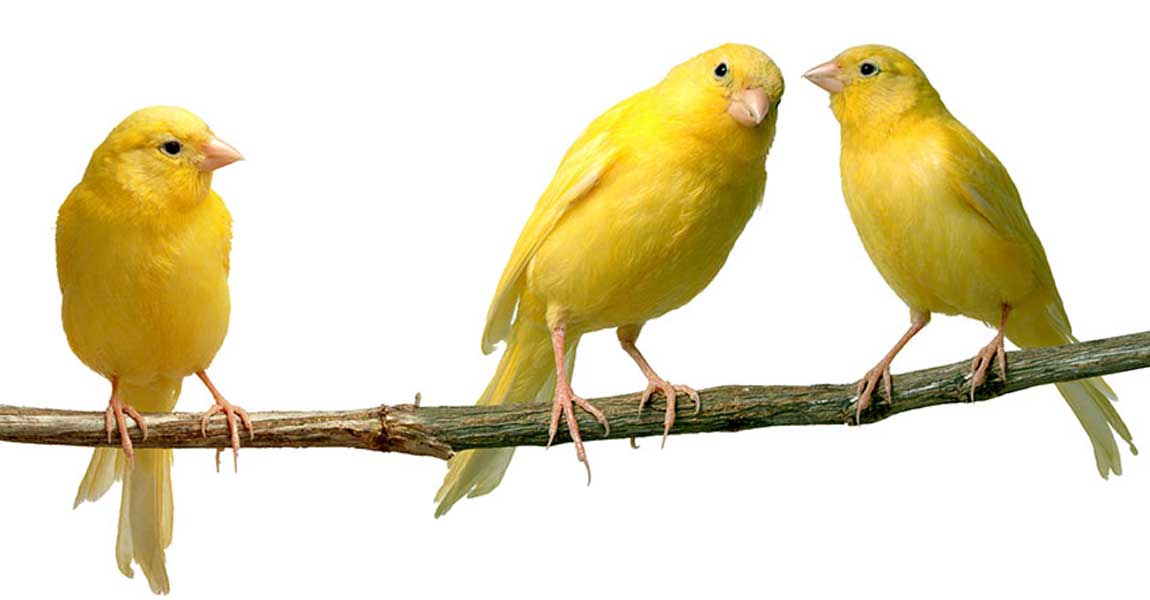Within the realm of reptiles, there exists a captivating creature that has captured the hearts of reptile enthusiasts around the world—the Bearded Dragon. With its distinctive appearance, docile nature, and intriguing behaviors, the bearded dragon has become a popular choice as a reptilian companion.
Meet the Bearded Dragon:
Bearded dragons, scientifically known as Pogona, are a group of lizard species native to Australia. They are medium-sized reptiles, with a stout body, triangular-shaped head, and unique spiny scales that resemble a beard, which can be puffed up to display dominance or as a defensive behavior. Bearded dragons come in a range of colors, including shades of brown, tan, yellow, and red.
Habitat and Natural Environment:
In the wild, bearded dragons inhabit arid and semi-arid regions of Australia, such as deserts, woodlands, and grasslands. They are well adapted to the harsh conditions of their native habitat, possessing specialized traits like the ability to regulate their body temperature through basking and seeking shade. Bearded dragons are adept climbers, spending time on branches and rocks to survey their surroundings.
Bearded Dragon Care and Housing:
For those considering bearded dragons as pets, providing appropriate care and housing is crucial. Enclosures should be spacious, with a temperature gradient allowing for both warm basking areas and cooler zones. UVB lighting is essential for their health and calcium metabolism. A diet consisting of a variety of insects, leafy greens, and occasional fruits is necessary to ensure their nutritional needs are met. Regular veterinary check-ups and monitoring of their overall well-being are also important.
Behavior and Communication:
Bearded dragons are known for their calm and gentle nature, making them excellent reptilian companions. They have distinct behaviors, including head bobbing, arm waving, and the infamous "beard puffing" display. These behaviors serve various purposes, such as communication, establishing dominance, or signaling stress or threat. Bearded dragons can also become accustomed to human interaction, recognizing their owners and displaying trust.
The Rewards of Having a Bearded Dragon:
Owning a bearded dragon can be a rewarding experience. Their interactive nature and unique behaviors provide endless fascination. Their relatively low maintenance requirements, compared to some other reptiles, make them a popular choice for reptile enthusiasts of all levels. Additionally, the bond that can develop between a bearded dragon and its owner is a source of joy and companionship.
Conclusion:
The bearded dragon, with its captivating appearance, gentle demeanor, and intriguing behaviors, holds a special place among reptile enthusiasts. From their unique spiny scales to their endearing antics, these fascinating creatures bring a touch of the exotic into our lives. By providing appropriate care, creating suitable habitats, and fostering a bond of trust, we can experience the joys of sharing our lives with bearded dragons.






